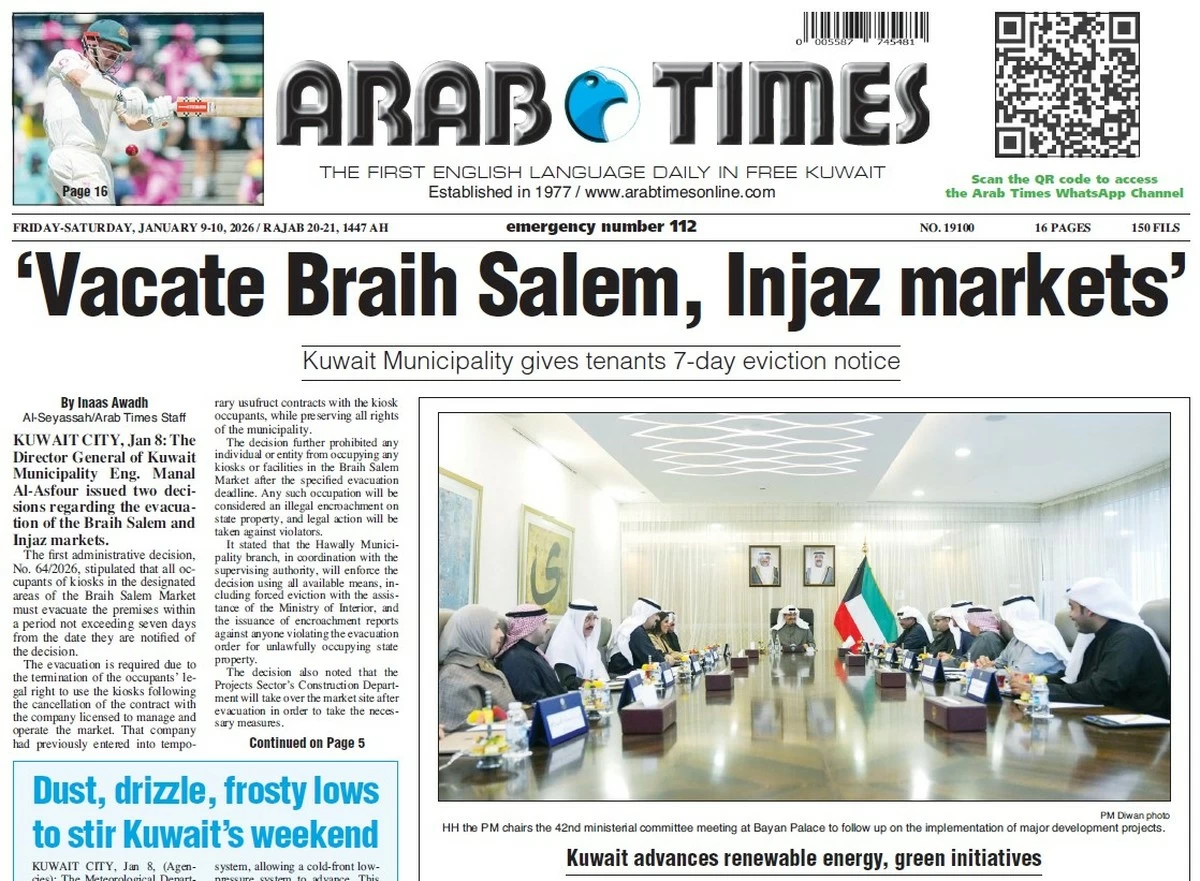13/07/2024
13/07/2024
The ongoing argument in Kuwait about borrowing against the sale of some government assets to deal with our current budget deficit is a sensitive matter. This option is costly, so privatizing some of our government-owned companies appears to offer greater benefits for the country’s future in the long run, despite the opposition’s strong objections or the temptation of a quick-fix solution.

Kuwait is grappling with an annual budget deficit ranging between KD 4-5 billion (approximately $12-15 billion) each year, a figure that is expected to rise due to continuous growth in expenditures. The current oil prices are insufficient to keep up with the escalating demand on our annual budget on a long-term basis. We need a minimum oil price of $90 per barrel to balance the budget. However, Kuwait’s increasing annual budget, primarily driven by expenditures such as salaries, wages, and benefits, which constitute 80 percent of the total expenses, necessitates an oil price of $95 per barrel and higher.
Such being our case year by year, the government is faced with the reality of two choices - either resort to direct borrowing from international sources or opt for privatization, starting with government departments that are eligible, and certain companies such as oil companies, which were initially founded by private Kuwaiti entities such as Kuwait Oil Tanker Company (KOTC), Petrochemical Industries Company (PIC), and Kuwait National Petroleum Company (KNPC), which has seen 40 percent participation by the private sector in new ventures within the risky refining industry.
The advantage of selling our government-owned companies is that it will attract funds from external sources, thereby creating a historic opportunity to introduce outsiders to Kuwaiti investment environments and test their potential. The decision should not be difficult for the government - sell its assets to the public and wait for the outcome. When Saudi Arabia sold five percent of its prized Aramco shares (jewel in the crown) for $27 billion to fund its long-term strategic objectives, it set a precedent. Let us also explore this opportunity for ourselves and wait for the outcome. The choice may be tough, but are we seeking easy solutions or challenging ones that promise a better long-term outlook for Kuwait?
By Kamel Al-Harami
Independent Oil Analyst
e-mail: [email protected]


